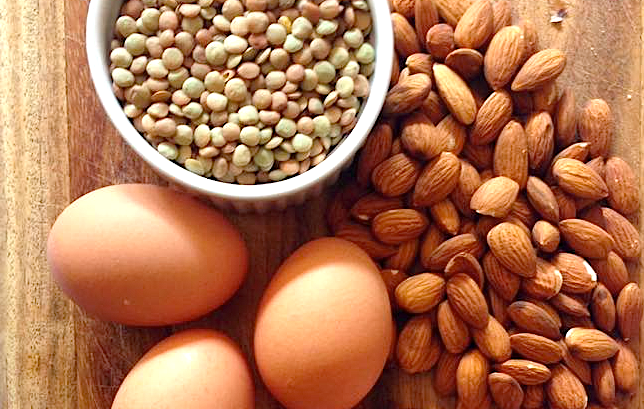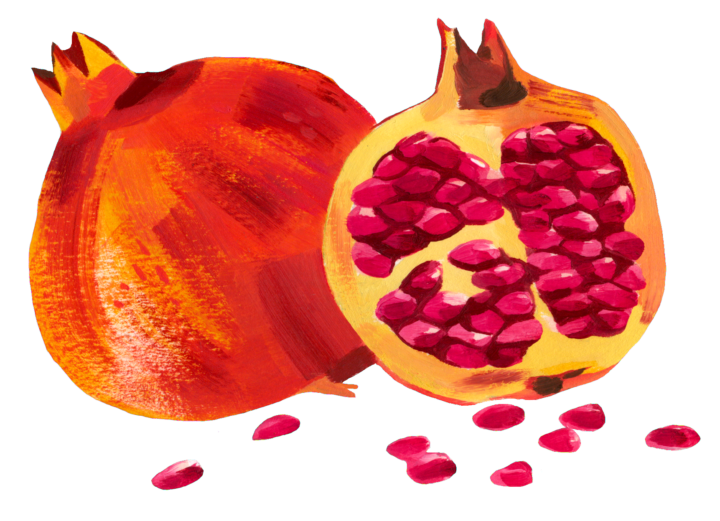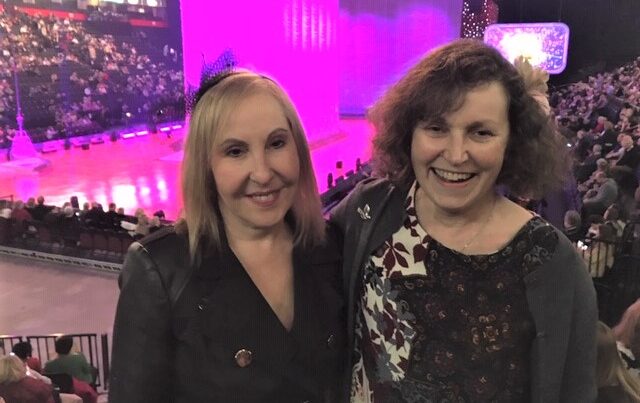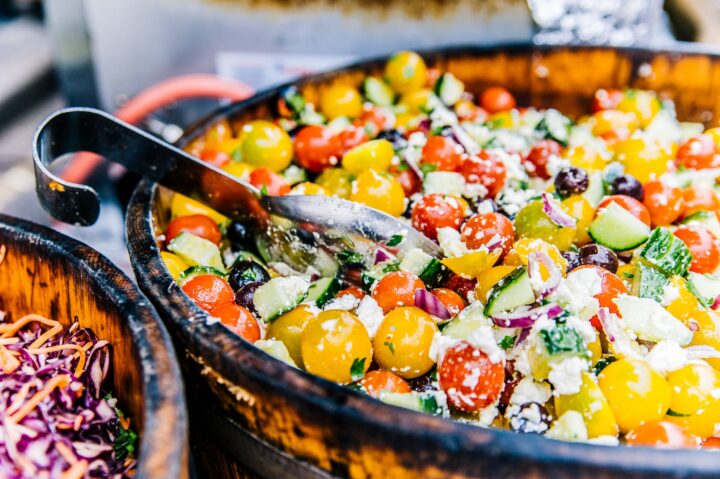The USA gymnast Simone Biles was very frank about her mental health issues at the Tokyo Olympic games, but she overcame her nerves to return to competing at the highest level.

She should receive as much recognition for her stance on mental health (which helps other young adults to feel open about their own difficulties) as for her incredible abilities, helping her to achieve a bronze medal in the overwhelmingly challenging gymnastic bar.
Most of us don’t have the support of a team of psychologists to help pull us through, but there is much we can do with diet and other lifestyle. The main study in this area was the ‘Smiles trial’ in Australia, which showed that a healthy Mediterranean style diet, with oily fish as the star ingredient, can help to strengthen your mental health.

What is the chicken and what is the egg? Are people eating badly, so they become depressed and irritable or are they depressed initially and so eat badly? Unfortunately, some people, suffering from depression, won’t have the inclination to prepare and cook fresh food.
Looking in more detail at foods which can help with mental health: you might start by choosing salmon, sardines, mackerel, herring or tuna to eat a few times during the week. Then add in foods which provide B vitamins, including beans, lentils, garlic, marmite or yeast flakes and green leafy vegetables. Protein is also important. Some people find red meat may help their moods. The above foods provide much protein but nuts, such as almonds are also fantastic for good mental health. Low sugar nut butters are an easy choice and can be delicious on wholemeal toast or stirred into a stew.
Eggs often go forgotten, but they provide vitamin D, good for the mood and also large amounts of choline, a chemical which is essential for good brain function and which helps against depression. Other foods which are sources of choline include liver, fish, broccoli and cauliflower.
Keep alcohol and caffeine well under control as both of these can worsen anxiety symptoms and exacerbate insomnia. Alcohol interferes with medications for depression. Highly processed foods are also very damaging. Try to improve your sleep as best as you can. Simple techniques to help sleep quality include avoiding looking at screens in the hour before going to bed, wearing blue light blocking glasses in the evenings, not drinking caffeine late in the day or minimising it altogether and meditation or relaxation.

I think that all of us have our own vulnerabilities. No one is exempt. A good analogy is to imagine a hole in your defence system or ‘armour’. It is tempting to try to patch this up e.g. with alcohol, eating sweet treats, or other behaviours like compulsive shopping or gambling. These are actions which make you feel good in the short term but worse afterwards. At times of stress or trauma such patches fall away and you are left exposed and raw. Instead, ideally, you might try to ‘repair the hole’ which takes sustained effort, e.g. preparing fresh food, meditating regularly, exercising or undertaking therapy one-to-one or in a group.

Don’t wait for depression and anxiety to bite. These techniques can work for you to help in prevention of depression. Simone Biles’ quick recovery will have been helped by her team and other gymnasts. Draw on the support of your own band of friends and family. And like Simone, don’t be afraid to be honest about your difficulties. If need be, get professional help as well. She has shown that mental health difficulties can be overcome.

Photo Credits: Simone Biles by Dennish C; Chicken and Egg by Wanderer’s Eye Photography; Hole in the Head and Heart by Thomas Hawk; Herbal Tea by Aspros; Group of Friends by Simple Insomnia




